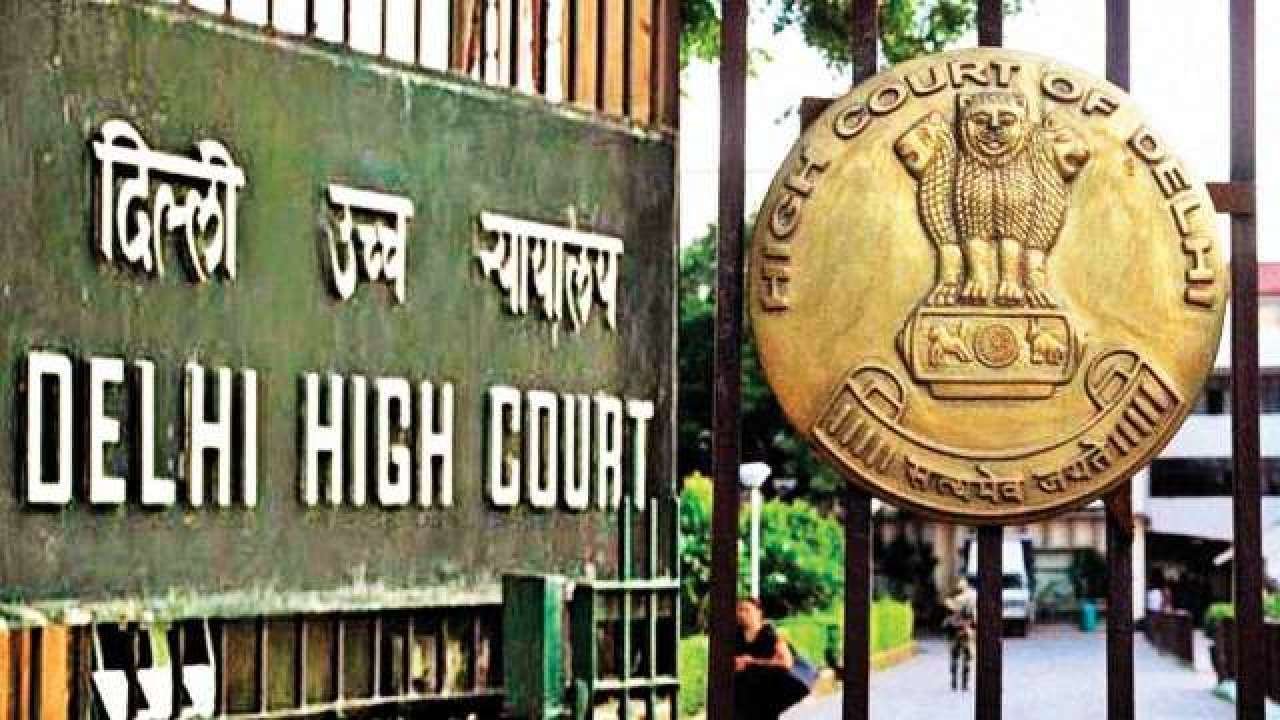In a recent ruling, the Aurangabad bench of the Bombay High Court clarified that parents-in-law are not entitled to claim maintenance from their widowed daughter-in-law under Section 125 of the Criminal Procedure Code (CrPC).
Justice Kishore Sant overturned the orders of a Nyayadhikari Gramme Nyayalaya requiring Shobha Tidke to support her in-laws’ elderly parents, citing that Section 125 only permits legitimate or illegitimate children, major or physically disabled children, and old parents (father and mother) to claim maintenance.
The court noted that in-laws are not considered “relatives” under this provision and hence are not eligible to claim maintenance from a widowed woman.
“Reading of the Section 125, it is clear that the father-in-law and mother-in-law are not mentioned in the said Section. Even for the Clause (a) to (d), those are qualified by further wording as unable to maintain himself or herself,” the Court said in its order passed.
The court observed that in a previous case, a similar question had been brought before the High Court and the court had unambiguously held that the widowed daughter-in-law is not liable to provide maintenance to her in-laws.
“It is held that it is not the scheme of legislature and the legislature has not included parents-in-law in Section 125. The list given of the relations is exhaustive and there is no scope for any other interpretation,” the court held.
Shobha Tidke’s husband was employed as a conductor for the Maharashtra State Road Transport Corporation (MSRTC) at the time of his death, according to the case details. Shobha later obtained employment in the state’s health department.
However, her in-laws’ elderly parents requested maintenance from her on the grounds that they were unable to care for themselves.
The Nyayadhikari Gramme Nyayalaya in Jalkot, Latur district, granted their request for maintenance, which Shobha contested on the grounds that her in-laws have four well-established married daughters, significant land holdings, and had already received substantial sums of money after her husband’s death.
Shobha also argued that the High Court’s ruling in the previous case ordering a daughter-in-law to support her in-laws was distinct from her situation, as the daughter-in-law in question had obtained a job on compassionate grounds and had agreed to care for the family.
Shobha stated that she is not required to pay maintenance under Section 125 of the Criminal Procedure Code because she did not secure a job on compassionate grounds and did not replace her husband.
Agreeing with Shobha’s arguments, the bench invalidated the Nyayadhikari Gramme Nyayalaya’s orders.



